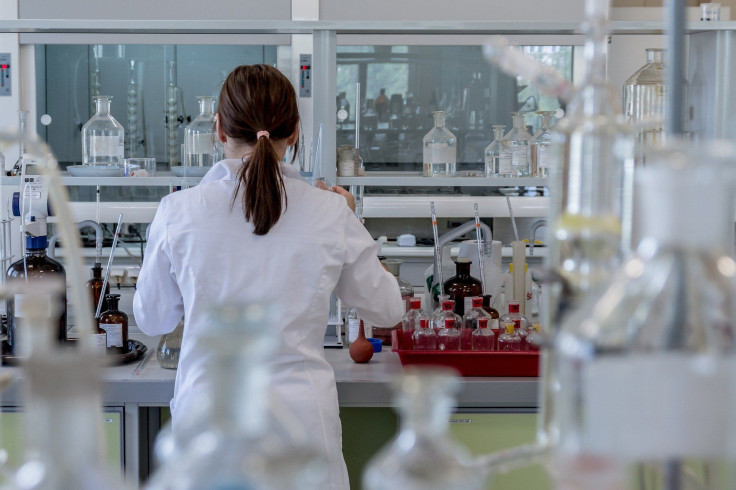Bill Gates Warns There's A Chance World Hasn't Seen 'Worst' Of COVID-19
KEY POINTS
- There is more than a 5% risk that the world has not yet seen the "worst" of the COVID-19 pandemic, Bill Gates says
- A more transmissive and fatal variant of the disease may appear in the future, the billionaire suggests
- Gates urged world leaders not to lose sight of the health crisis and called for greater investment to prevent future pandemics
The world may have not seen the "worst" of the COVID-19 pandemic yet, billionaire and philanthropist Bill Gates says.
"It’s not likely, I don’t want to be a voice of doom and gloom, but it’s way above a [5%] risk that this pandemic, we haven’t even seen the worst of it," the co-founder and former head of tech giant Microsoft told Financial Times.
"We’re still at risk of this pandemic generating a variant that would be even more transmissive and even more fatal," said Gates, whose new book, "How to Prevent the Next Pandemic," will be published Tuesday.
Gates, who argued that there was an immediate need for longer-lasting vaccines that blocked infection, urged world leaders not to lose sight of the health crisis as Russia continues its invasion of Ukraine. He also called for greater investment to prevent future pandemics.
"It seems wild to me that we could fail to look at this tragedy and not, on behalf of the citizens of the world, make these investments," Gates said.
A team of international experts ranging from epidemiologists to computer modelers should be created to quickly identify global health threats and improve coordination between countries, according to the billionaire.
Gates said that the World Health Organization (WHO) was the only body that could build and manage this "top-notch" global epidemic response and mobilization initiative, which would require around $1 billion in funds every year.
More than 510 million COVID-19 cases and around 6.2 million virus-related deaths have been reported across the world, data provided by the WHO showed.
The billionaire's remarks come as two new COVID-19 omicron subvariants were blamed for an apparent new wave of infections in South Africa.
Omicron's BA.4 and BA.5 sub-lineages, both of which were added to WHO's monitoring list last month, showed an ability to evade antibodies from earlier infections and vaccination, according to a study led by the Africa Health Research Institute (AHRI).
Unvaccinated individuals who were previously infected with omicron subvariant BA.1 saw a 7.6- and 7.5-fold decrease in neutralizing antibody production when tested against the BA.4 and BA.5 subvariants, respectively, researchers said.
Meanwhile, previously infected participants who received either the Pfizer or Johnson & Johnson vaccine saw a 3.2- and 2.6-fold drop in antibody production when exposed to BA.4 and BA.5, respectively, the multi-institute study found.
"Based on neutralization escape, BA.4 and BA.5 have [the] potential to result in a new infection wave," researchers concluded.
However, any new wave was "not likely to cause much more severe disease than the previous wave, especially in vaccinated," according to AHRI faculty member Alex Sigal.

© Copyright IBTimes 2025. All rights reserved.





















